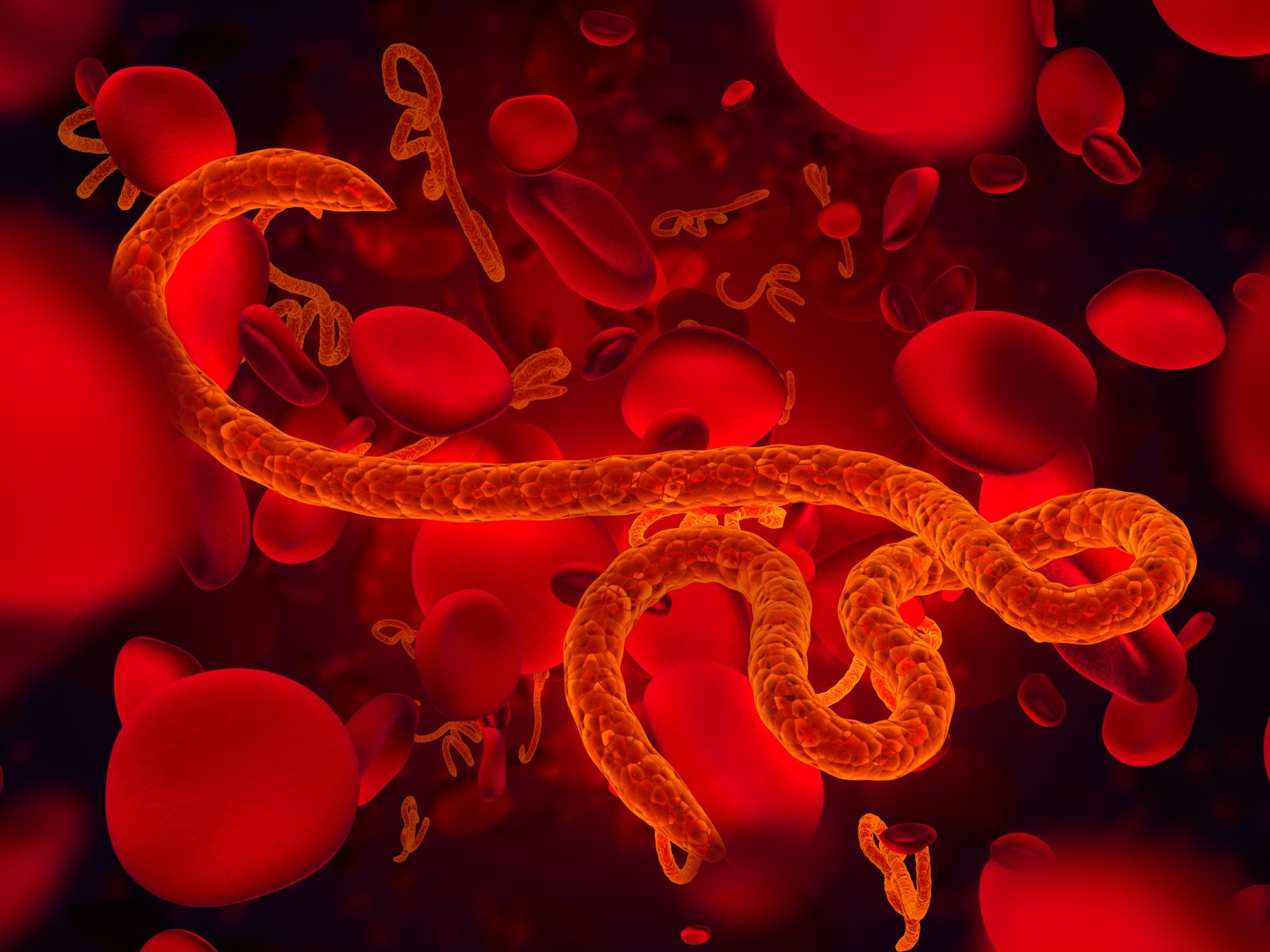
Image credit- omicsonline.org
A team of researchers from the University of Copenhagen and Phillips Universität Marburg in Germany has found out that the Ebola virus uses the host factor enzyme PP2A-B56 to start producing proteins. By switching off PP2A-B56, the virus' ability to copy itself and produce more infection can be kept away.
When the Ebola virus enters the human cell, its only purpose is to copy itself, fast. First it must copy all its proteins, then its genetic material. The researchers feel that by inhibiting a specific enzyme, the Ebola virus can be robbed off its ability to copy itself. And that may potentially prevent an Ebola infection from spreading.
But because the researchers have so far focussed on cell cultures, there is still work to be done before their results can be used to treat people infected with Ebola. Initially the researchers hope to be able to test it on animals and, in the long term, develop a drug that inhibits the relevant enzyme.




